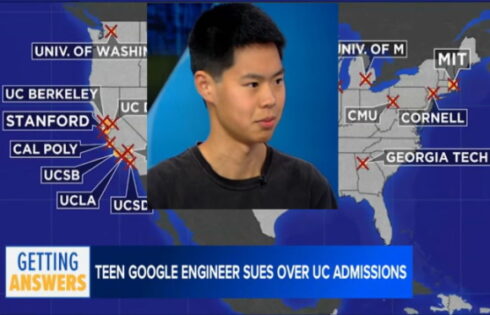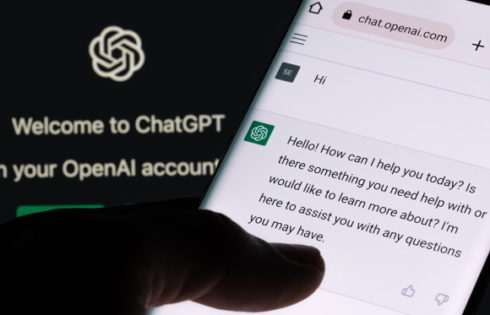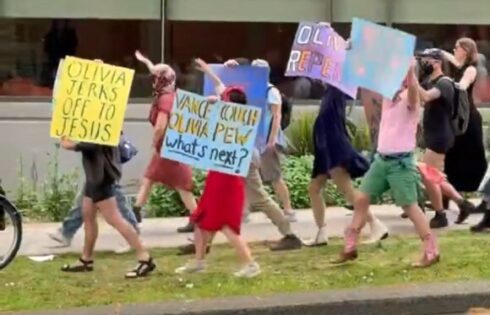George Mason University touched the third rail of academic politics when it agreed to rename its law school after the late Supreme Court Justice Antonin Scalia, in return for $10 million from the Charles Koch Foundation (and $20 million from an anonymous donor).
That could have happened at Western Carolina University, but it didn’t – all because faculty extracted some concessions from the free-market Koch Foundation that made its new “free enterprise” academic center palatable to them.
The Chronicle of Higher Education reports that the agreement to create the center is public, apparently a first for a Koch-funded center; the center will be subject to a long-term “oversight board of faculty and community members”; and it’s bound to observe “academic freedom” as defined by WCU and the University of North Carolina System.
The latter defines academic freedom in these terms:
The University environment must allow faculty and students to freely pursue learning and research. The University must also maintain its independence and integrity to assure impartiality, and it may not agree to any inappropriate limits on the freedom to publish research findings. Most importantly, the University must retain the public’s trust by engaging in research activities that are consistent in nature, quality, scope, and importance with its mission, and that are conducted under conditions that ensure its academic integrity.
The Koch Foundation’s definition “emphasizes promoting the diversity of ideas” and says academe should resemble “a competitive marketplace,” the Chronicle says.
Other contract elements: Curriculum, personnel and activities “are the sole purview of the university’s faculty and administration; non-faculty funds are earmarked; and the $1.8 million, five-year gift (“slightly less than originally pledged”) won’t be used to “influence legislation, elections, or political campaigns.”
The Koch Foundation can still pull the plug on funding, with 30 days’ notice, if the center goes off the rails by not studying “the role of free enterprise in a flourishing society” or providing research “related to economic development.”
The founding director of the center, Economics Prof. Edward Lopez, called the agreement “a model for other centers and institutes.”
Like The College Fix on Facebook / Follow us on Twitter
Like The College Fix on Facebook / Follow us on Twitter




Add to the Discussion